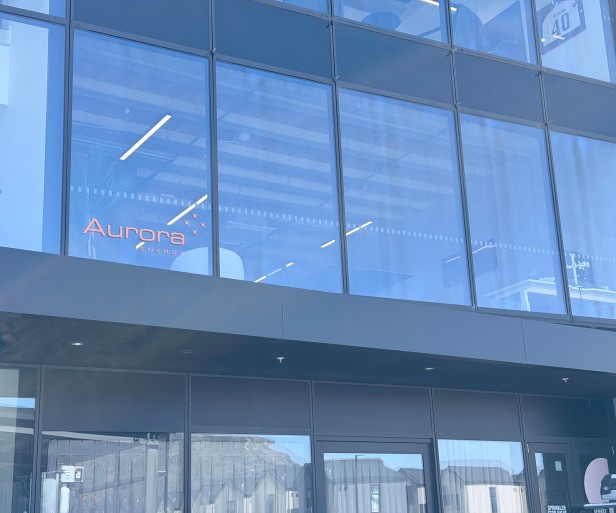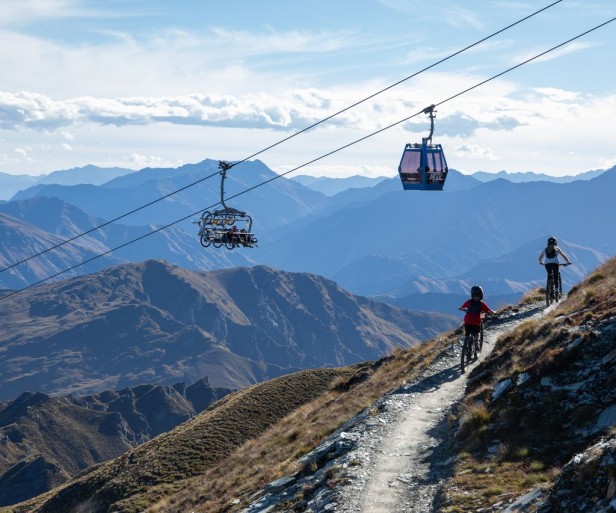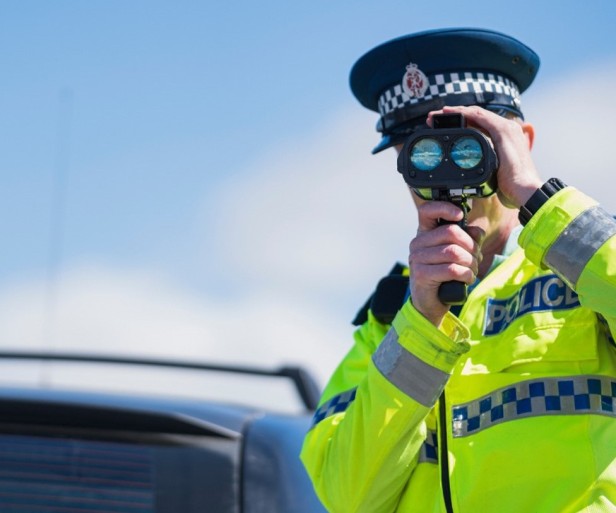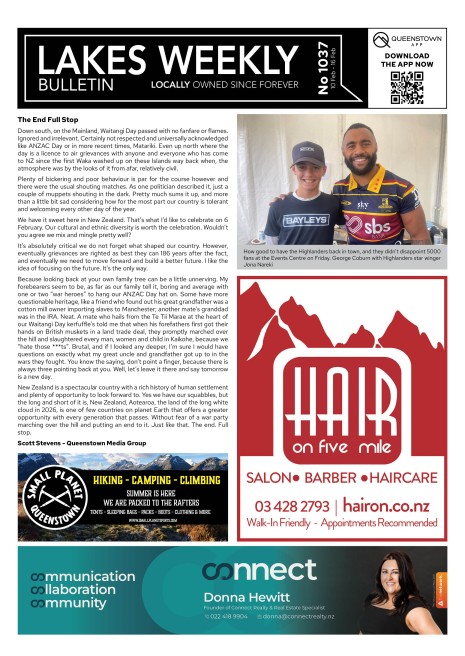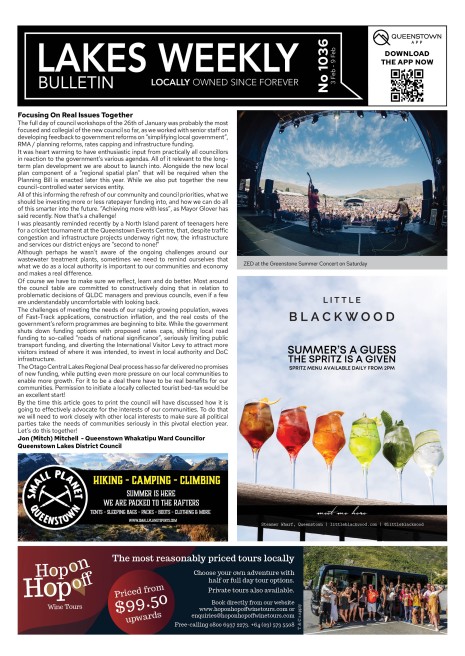Concerns about summer staff shortages amid four-month visa delays
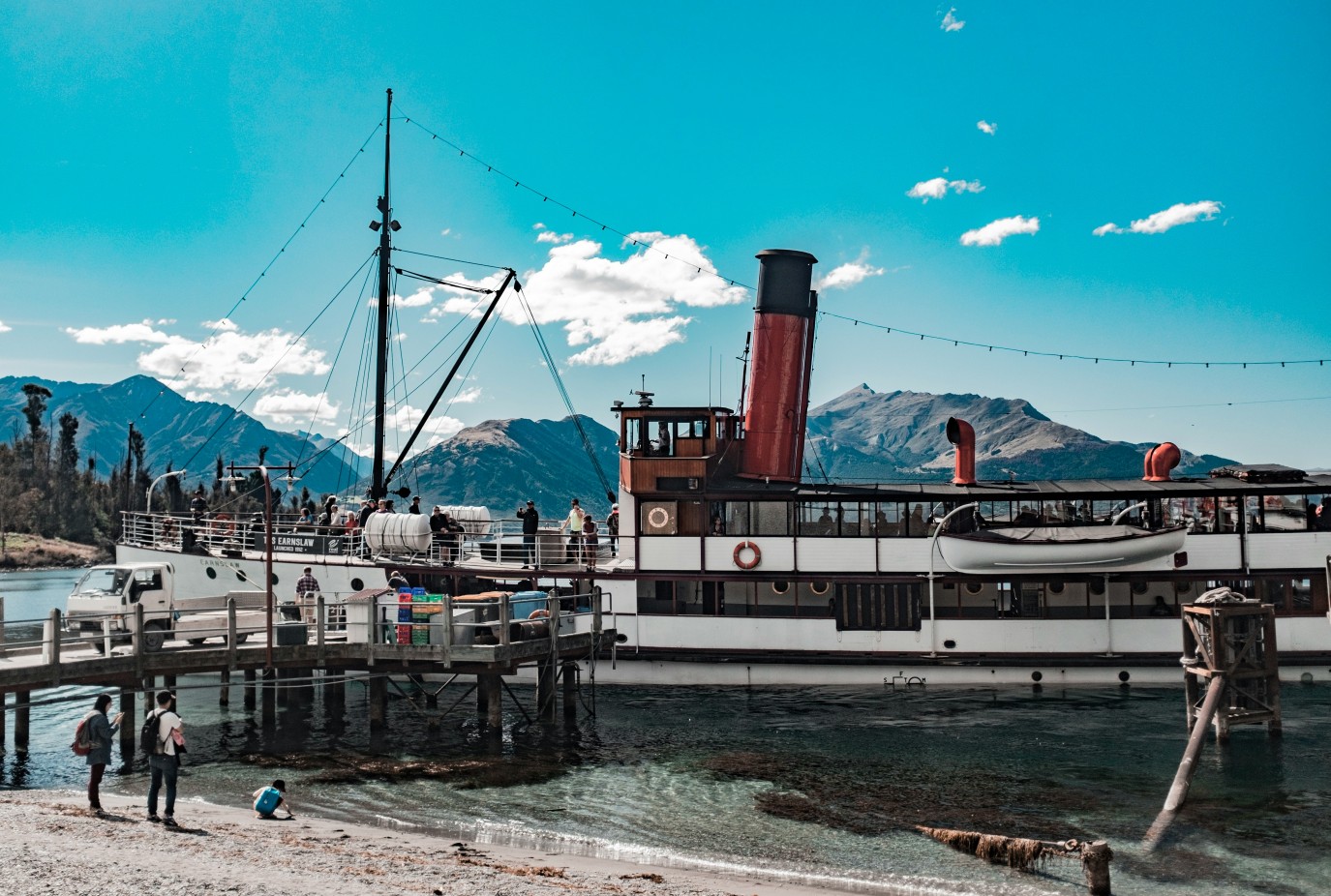
Local employers and their migrant staff are waiting up to four months to get Accredited Employer Work Visas approved or renewed, forcing many to simply walk away, Queenstown Citizens Advice Bureau manager Tracy Pool says.
Pool is concerned that Queenstown will be plagued by staff shortages in a few months due to visa frustrations. “For a lot of overseas staff, it’s getting too hard and they’re going home,” she says. “It’s not looking good.” The frustrations, expense and delays are causing some employers to walk away from the scheme. Employers also must pay a medium wage ($29.66 an hour) and guarantee a minimum of 30 hours’ work to secure staff under the scheme.
Tourism and hospitality leaders say the government’s 59% Working Holiday Visa fees, which are set to increase from $250 per person to $670 from October 1, will also deter overseas workers. They’re concerned new fees, including a 61% increase to the Visitor Visa, up from $130 to $341, and the new $100 International Visitor Levy, will significantly increase visitor costs, impacting demand and employers’ ability to secure a vital workforce.
Pool says they dealt with 40% more contacts this August than last year. Part of this was the fee increase, but also the rising living costs and a tightening labour market.
She says it’s getting increasingly difficult to secure visas. “Everything with AEWVs is getting really tight.”
Pool personally took in one migrant worker who was a CAB volunteer as she was unable to work for nine weeks until her visa was processed. “We’re getting back to the days of people living in cars,” she says. She knew of another visa worker waiting since June. “We’re telling clients it will be three to four months, so make sure you have four months left on your current visa.”
It takes nine weeks from the time an employer advertises to secure a person then another four months to get the visa processed, she says.
Wai Hospitality Group’s Jan Rae says a major concern is the number of their chefs coming up for visa renewals with such big delays. “It’s frustrating to get surety and also disruptive for staff as they don’t know if they can stay so can’t plan,” she says. It’s also difficult for employers who’ve spent energy and money training staff who want to stay. They’re loyal, but the government then says they have to go.”
Future Bars’ Bert Haines also says it’s impossible to plan with delays upwards of 12 to 16 weeks to get AEWVs across the line. “It’s tough.” Queenstown is unique as it relies heavily on migrant workers and one-size-fits-all doesn’t work for Queenstown, he says. “There’s a lot of pressure to apply a regional setting.”
Employers say what Immigration NZ would’ve rubber stamped two years ago now comes back requiring new codes or more information.
Hospitality NZ CEO Steve Armitage says the delays in visa processing adds strain on operators, particularly with the busy summer approaching. HNZ continues to advocate for faster processing so businesses can maintain service levels especially during peak periods.
While the new visa fee increases may not mean a significant drop in visitors, Armitage says higher costs could be challenging, particularly when attracting season workers and international visitors.
Destination Queenstown CEO Mat Woods says they’re lobbying hard to ensure Queenstown gets its share from the new $100 International Visitor Levy. “We’re a drawcard so it’s super important that we benefit from our share of that,” Woods says.
Totally Tourism owner Mark Quickfall says visitors already pay up to 10% of the value of their holiday in various government fees and visitor numbers often trend against the dollar. He hopes the new $100 per person levy will go towards improving tourism and conservation projects.
INZ Response:
Immigration NZ deputy chief operating officer Jeannie Melville says with the increase in visa fees from 1 October they’re anticipating an increase in visa applications over the coming months.
“This may result in it taking longer to process applications,” she says.
“Anyone submitting a visa application should make sure all the necessary information and documents are included with their application,” Melville says. “We may decline applications that are missing required information and not refund the fee.”
“INZ appreciates that waiting on visa applications to be processed can be stressful,” she says. Processing times depend on various factors, such as completeness of an application, additional information required and the level of verification required, including third party checks.
Further checks and policy changes introduced for AEWV earlier this year mean additional requirements for many applications, resulting in longer processing times.
Incomplete applications are also a significant factor in current processing times, she says. “A high number of applications are not being submitted with all the required documents which means they are taking longer to decide,” Melville says.
Fees were increased to recover the costs of visa processing and reflect the benefits received by people using INZ services.


